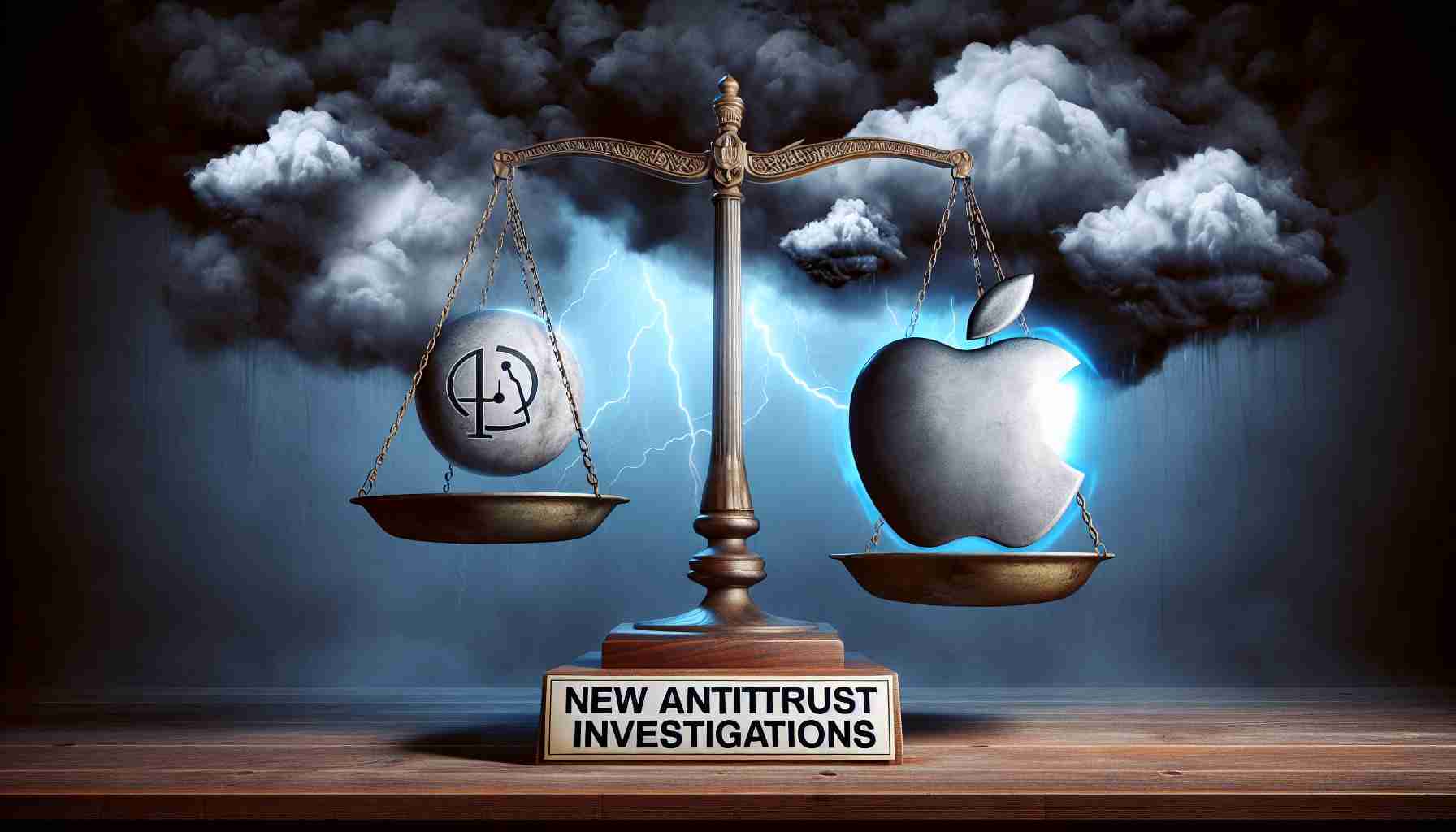Apple is currently under intense scrutiny after the European Commission’s recent revelation of potential violations involving its App Store and the Digital Markets Act. This development marks a crucial milestone in the ongoing clash between the tech giant and European authorities.
In response to the allegations, Apple has been forced to delay the implementation of advanced AI features in Europe due to regulatory uncertainties stemming from the Digital Markets Act. The Act aims to promote competition within the EU’s tech sector, posing a direct challenge to Apple’s closed ecosystem.
The EU’s probe into Apple‘s App Store practices uncovered discrepancies that prevent app developers from freely guiding users to alternative platforms for services and offerings. This accusation raises concerns about consumer choice and market competition, setting the stage for potential fines amounting to billions of euros.
The Digital Markets Act not only affects Apple but also targets other major tech players such as Google, Meta, and Amazon. By mandating greater transparency and access for developers and users, the Act seeks to foster a more level playing field in the digital landscape.
As Apple navigates these regulatory challenges, its compliance efforts and engagement with the European Commission will be critical in determining the outcome of the investigations. The tech giant faces the prospect of significant penalties if found to be in violation of the Digital Markets Act, underscoring the broader implications of regulatory oversight in the tech industry.
Apple Faces Regulatory Scrutiny amid New Antitrust Investigations: Uncovering Additional Details
Apple continues to find itself embroiled in a complex web of regulatory scrutiny, with new antitrust investigations adding layers of complexity to its ongoing legal battles. While the focus has primarily been on the situation in Europe, other jurisdictions are also beginning to take notice of Apple‘s market practices, raising important questions about the tech giant’s dominance and potential anticompetitive behavior.
One key question that arises from the latest developments is the extent to which Apple‘s ecosystem limits consumer choice and innovation. In addition to concerns about app developers’ ability to direct users to alternative platforms, there are broader implications for the tech industry as a whole. How much power should a company like Apple have over the digital marketplace, and what safeguards are necessary to ensure fair competition?
Moreover, the challenge of balancing innovation and competition presents a fundamental dilemma for Apple and other tech giants. While Apple‘s closed ecosystem has been a cornerstone of its success, critics argue that this approach stifles competition and innovation by restricting access for smaller players. How can regulatory bodies strike a balance between encouraging innovation and preventing anticompetitive practices?
One advantage of increased regulatory scrutiny is the potential for a more level playing field in the tech industry. By holding companies like Apple accountable for their practices, regulators aim to create an environment that fosters competition and benefits both consumers and developers. Greater transparency and access to alternative platforms could lead to a more vibrant and diverse digital marketplace.
However, the path to achieving these goals is fraught with challenges and controversies. Apple may argue that its closed ecosystem is essential for maintaining security and user experience, making it difficult to implement significant changes without disrupting its entire business model. Additionally, the sheer complexity of modern digital markets presents a challenge for regulators seeking to address antitrust concerns without inadvertently harming innovation.
In conclusion, while regulatory scrutiny may lead to important reforms in the tech industry, navigating the complexities of antitrust investigations remains a daunting task for companies like Apple. The outcomes of these investigations will have far-reaching implications for competition, consumer choice, and the future of the digital economy.
For additional insights on the evolving landscape of tech regulation and antitrust scrutiny, visit European Commission’s official website.
